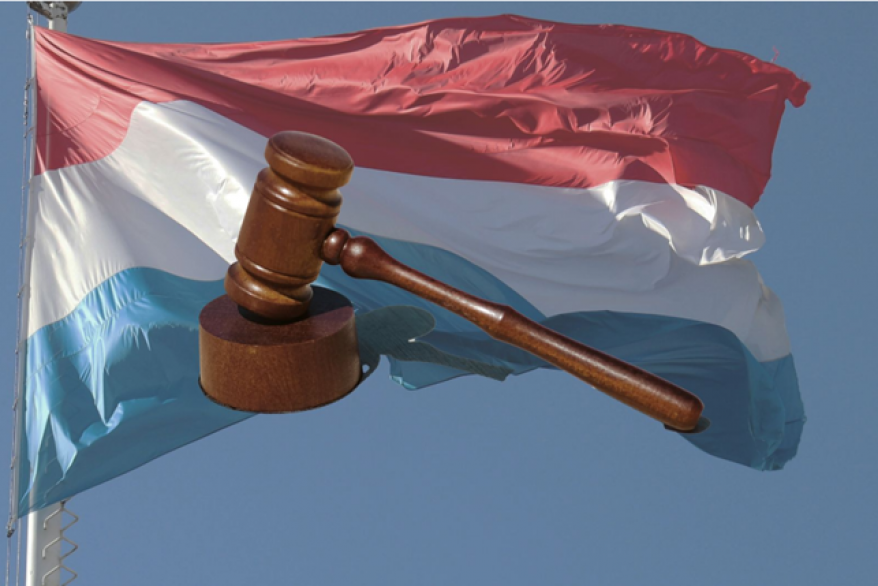On February 10th 2015, the Dutch Ministry for Education, Culture, and Science (OCW) had introduced a bill that legalised bursary PhDs. That is, it validated the practice of the University of Groningen to fund PhD candidates via scholarships, which in turn allowed the university to revoke their status as employees and reclassify them as students. This shift in practice meant that the Netherlands could no longer be seen as one of the countries in Europe that actually lived up to the Salzburg II recommendations and the European Commission’s Charter for Researchers1. This Dutch ‘PhD experiment’ ran from 2016 to 2024. In a ruling in February 2025, the Dutch Supreme Court's decision finally reversed course: It confirms that the relationship between the 44 MD/PhD candidates who brought the suit and the University Medical Center Groningen (UMCG) must be classified as an employment contract. This ruling confirms what we in Eurodoc together with PNN and our other national associations consistently emphasise: Doctoral research is work. This means that doctoral candidates must be recognized as professionals with a proper employment contract, from which follow the vital social security and other benefits that are standard for all working adults, such as parental leave, sick leave, unemployment pay, pension rights as well as accident insurance that cover occupational accidents and illness.
It is crucial to note: Though the Dutch ‘PhD experiment’ ran for almost a decade, PNN and the community of doctoral candidates in the Netherlands spelled out its untenability since 20152. This court ruling is a victory not only for the 44 individuals and the current PNN, but for all who have been involved in this fight over the last decade. This victory has required years of advocacy work, yet much of that work remains invisible and most people involved never receive the credit nor gratitude from the community and the sector that they deserve. Such collective organisational work is indispensable for better and fairer conditions of higher education, research and researchers (including ECRs). Furthermore, the ones who take these fights, with all the risks that means, do so knowing that they are unlikely to see the benefits they are working towards nor are they likely to see the victories directly. They fight for the future of the sector. With the timescales and scope of work necessary for political change, these fights are at any given time taken by small or larger groups of individuals, but always in the knowledge that the work we contribute is only a part of the puzzle, adding to the tireless work of the ones who came before us and in the hope that it will prove useful for the ones who come after. Such fights, in other words, are not taken by a single individual, they are taken by the collective.
To take these fights as individuals and collectives is necessary. We need to have strong organisations representing researchers at a moment where we in Europe, too, are faced with democratic backsliding, attacks on the autonomy of academic institutions and academic freedom. As members of the academic community, we need to join forces, protect and promote the democratic mission of higher education and research, and their role in democracies. This starts with protecting the most vulnerable of the research community, minority and marginalised groups, people on short-term contracts, groups where the labor is not recognised as work and social security and basic benefits are not guaranteed.
In the coming year, this will be crucial if we are to ensure a strong and independent research and higher education sector in Europe. Currently FP10, the successor to Horizon Europe, is being discussed and, as many other stakeholders, Eurodoc is concerned that the European Commission will propose to integrate FP10 into the Competitiveness Fund, which in turn will likely impact its independence and budget. To integrate FP10 in the Competitiveness Fund ignores the wishes of the member states (see the Warsaw Declaration), the European Parliament (see ITRE), and the collective voices of stakeholders from across the sector.
We have repeatedly emphasised that it is important to preserve an independent framework programme to safeguard the independence of the ERC and EIC, to strengthen the MSCA and Widening programmes, to ensure the continuation of the ERA forums, and to protect the budget for basic research within all fields against erosion. A standalone FP10 is indispensable to realise the full potential of basic blue sky research and the flagship programmes of ERC and MSCA. Without a standalone FP10, we fear, it will be easy to diverge funding from science to other areas as political priorities shift.
As members of the academic community, we are responsible for practicing the democratic mission of higher education and research. As early career researchers, we are the caretakers of the future of this mission. We have a responsibility to engage in this conversation now, to partake in democratic processes now. In Eurodoc we do so by raising awareness, by participating as stakeholders in the ERA fora and the EHEA, by responding to consultations and public hearings and by strengthening the community of associations that represent early career researchers.
For this, we need you! Engage in the conversation, raise awareness of both EU level and national level attacks on the independence of science, scientists and scientific institutions. Advocate for the importance of higher education and research in democracies. Support and engage communities who do so, amplify the voice of your learned society, labour union, or researchers organisation. Ensure that we are heard.
Written by Pil Maria Saugmann and Hannah Schoch on behalf of the board of Eurodoc

